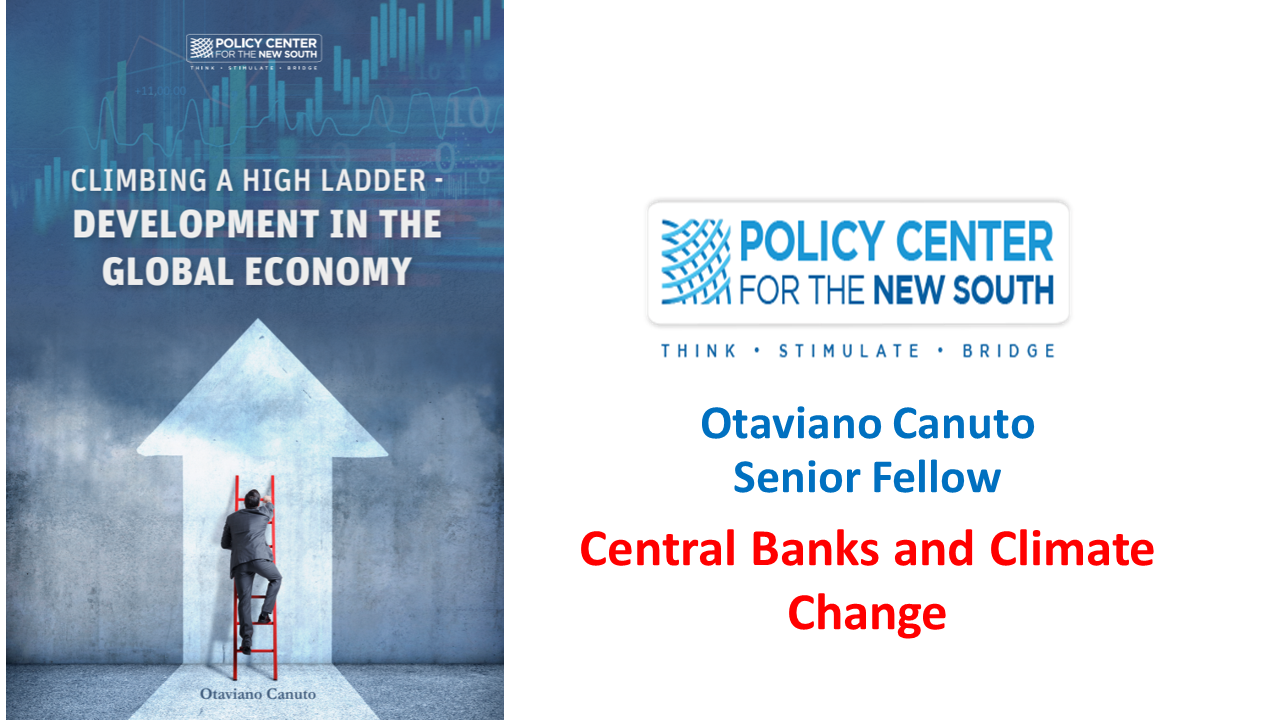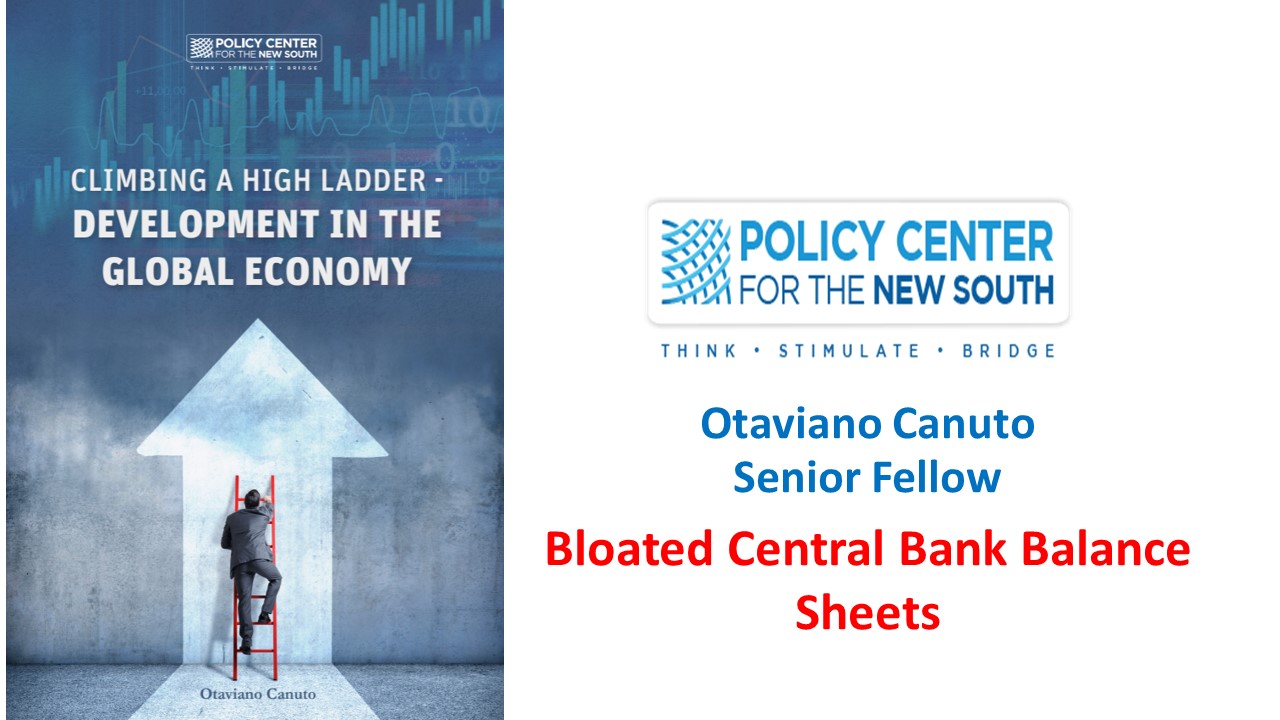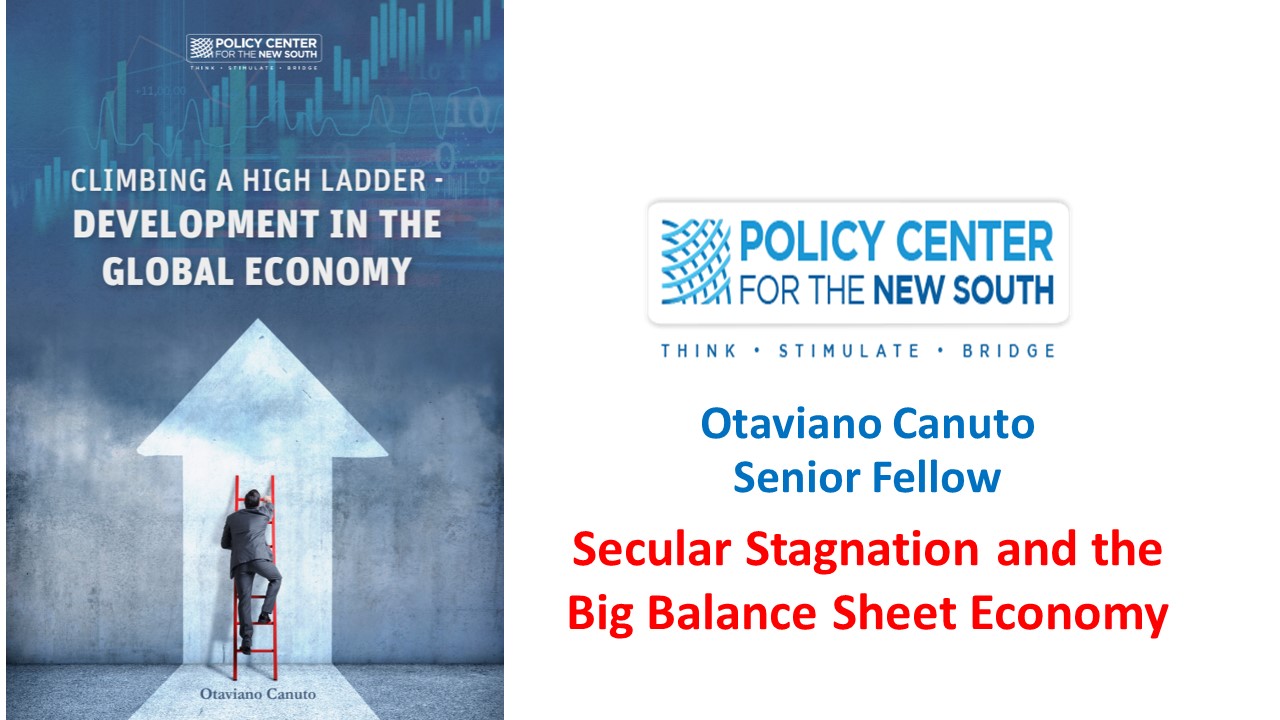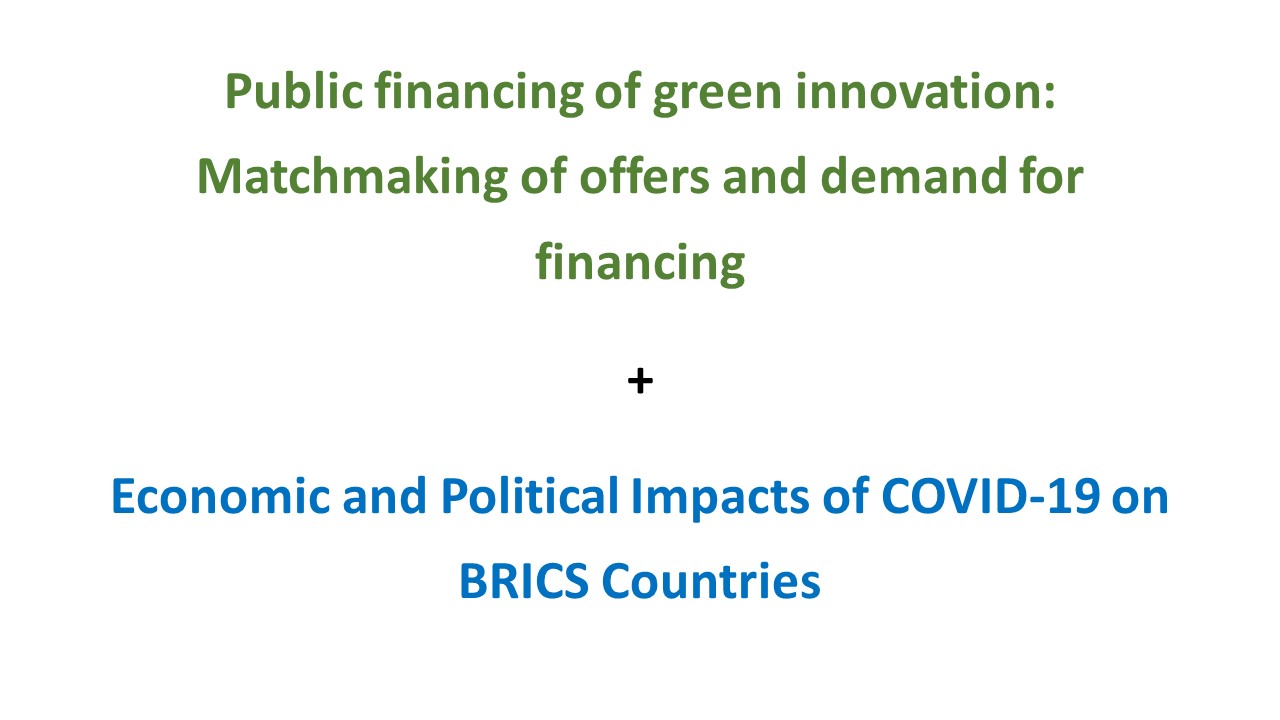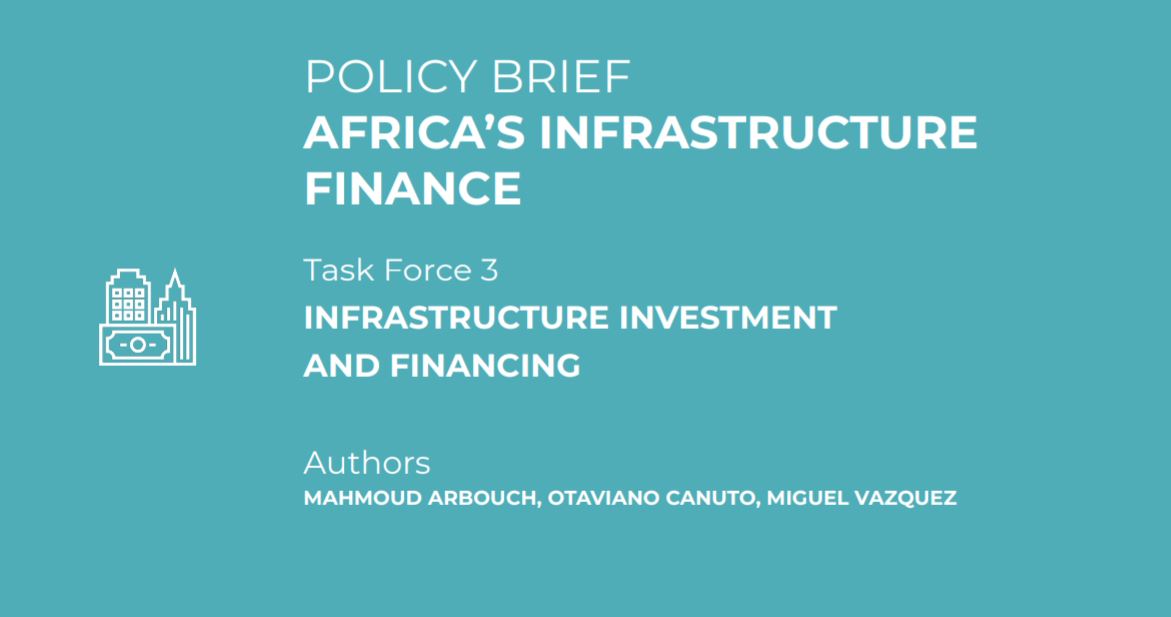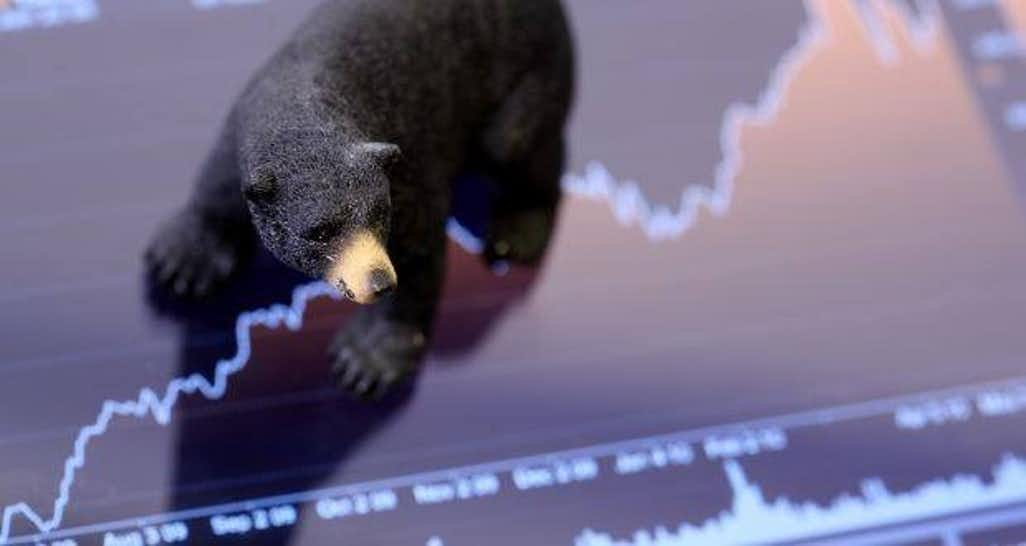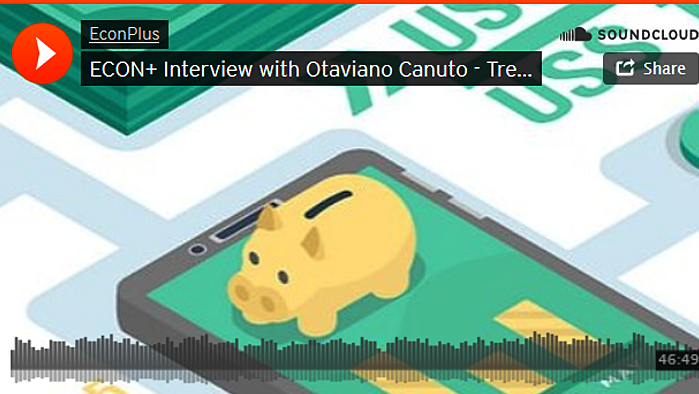Public financing of green innovation: Matchmaking of offers and demand for financing - Relevant recent literature states that direct and pervasive public financing has been instrumental in the development of innovative technological trajectories. The reasoning builds on: (i) the presence of finance from public sources across the entire innovation chain; (ii) the concept of ‘mission-oriented’ policies that have created new technological and industrial landscapes; and (iii) the entrepreneurial and lead investor role of public actors, willing and able to take on extreme risks, independent of the business cycle.
On the other hand, public financing depends largely on the availability of funds. The available capital (human or otherwise) for different jurisdictions is different, which may motivate a case for heterogeneity of policies regarding innovation funding.
-------------------
Economic and Political Impacts of COVID-19 on BRICS Countries
The event, organized by GEBRICS/USP and the Department of International and Comparative Law (DIN) of the Faculty of Law, University of São Paulo, aims to bring together professors, researches, specialists and diplomatic representatives from all BRICS countries

